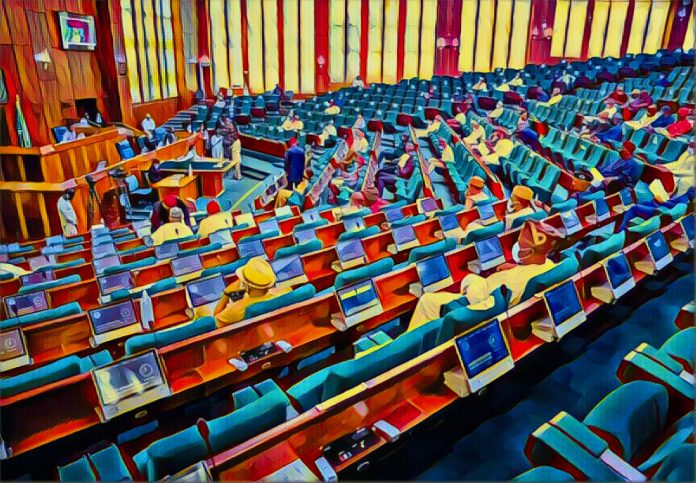Nigeria’s House of Representatives has launched an investigation into the mergers of some multinational oil companies operating in the country to recover over $30 billion in unpaid fees and bonuses.
The House passed a resolution on Thursday, following a motion by Ademorin Kuye, who expressed concern over the failure of the regulatory agencies to track the financial proceeds from the transactions.
According to Kuye, the oil industry experienced several lateral mergers, buyers, and takeovers of companies in the same oil and gas exploration, production, and marketing in the 1990s.
He said that these mergers resulted in new entities and companies that should have been subjected to processes such as application for assignment of interest in each block, payment of reserve value in each block, payment of a sign-on or signature bonus in respect of each block, fresh registration at the Corporate Affairs Commission, and a fresh commitment to social, community and environmental policies in Nigeria.
However, he said that these processes were not done, thus costing the country hundreds of millions of dollars in signature bonuses and reserve value payments that should have been paid.
He also said that the mergers increased the assets of foreign oil multinationals in the country while leading to the layoff of hundreds of Nigerian professionals and bringing some companies through the back door.
He cited the examples of the June 1984 merger of Gulf and Chevron, which brought Chevron to inherit Gulf oil operations in the country without approval until July 1991; the mergers between Exxon and Mobil to form ExxonMobil; Elf, Total, and Fina to form TotalFinaElf; and Chevron and Texaco to form ChevronTexaco.
He urged the House to mandate its Committee on Petroleum Resources (Upstream) to investigate the matter and report back within six weeks.
The House adopted the motion and referred it to the committee for further legislative action.
The investigation comes at a time when Nigeria’s oil and gas sector is facing multiple challenges, such as low crude prices, pipeline vandalism, crude theft, insecurity, and regulatory uncertainty.
The country recently passed the Petroleum Industry Act of 2021, which aims to overhaul the sector and attract more investment, but some stakeholders have expressed reservations about some of its provisions.
Nigeria is Africa’s largest oil producer, with an average daily production of about 1.8 million barrels in 2020, according to the Organization of the Petroleum Exporting Countries (OPEC).
The petroleum industry accounts for about nine percent of Nigeria’s GDP and almost 90 percent of all export value, according to the National Bureau of Statistics.
The House of Representatives hopes that recovering the lost revenue from the oil companies’ mergers can boost the country’s foreign reserves and support its economic recovery.
Source: Tribune Online



